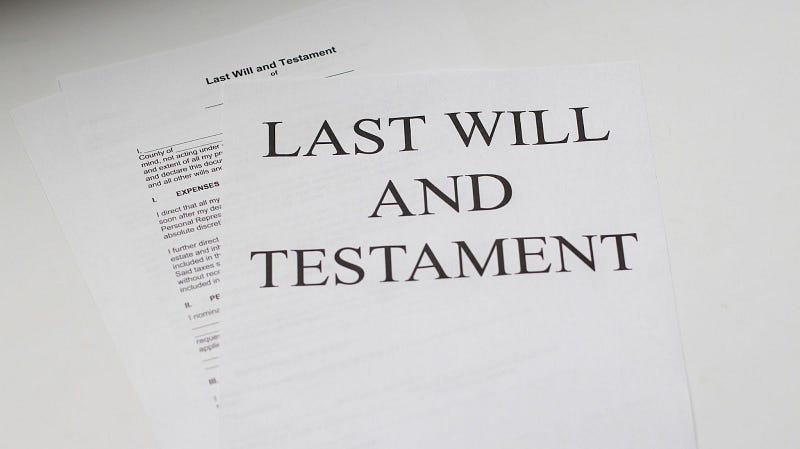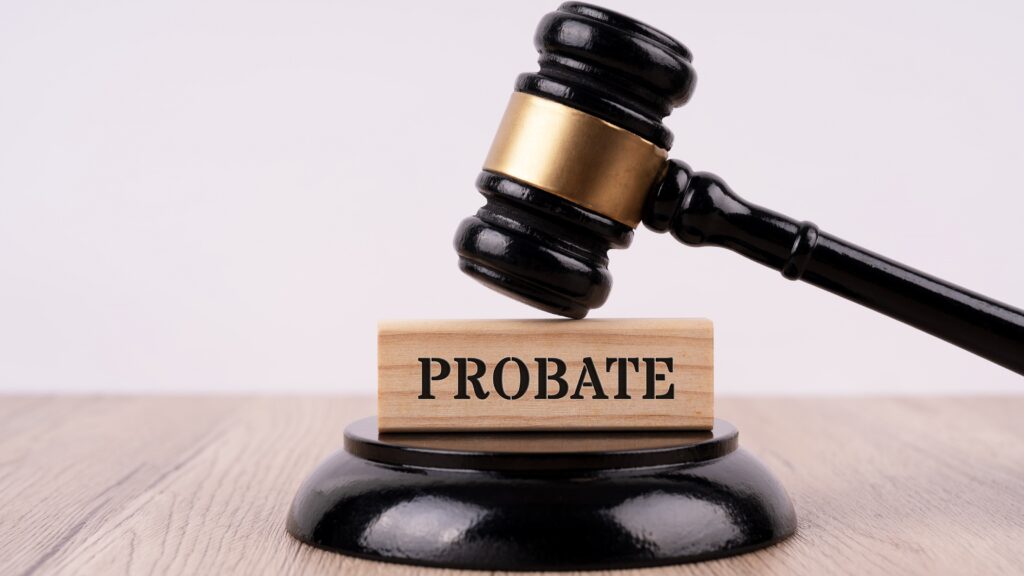If you live in Texas, it’s important to ask yourself one question: do you need a will? The answer is a resounding yes. Many people may think that creating a will is only necessary for those with significant assets or advanced age, but the truth is that anyone can benefit from having a will in place. A will outlines how you want your assets and belongings distributed after your passing. Without a will, intestacy laws will determine how your assets are distributed, and this might not align with your wishes. In this blog post, we will discuss the critical importance of having a will and why it is crucial to preserve your legacy and protect your loved ones’ future.
Understanding the Concept and Importance of a Will
A will is not just a legal document; it is a reflection of your wishes and a powerful tool to protect your loved ones and preserve your legacy. Create a will to decide how to distribute your assets and belongings after your passing. This way, you ensure that your loved ones receive support and that your estate follows your wishes.
But a will is not only about distributing assets; it is also about providing clarity and guidance during a difficult time. Without a will in Texas, your loved ones will have to guess your intentions. This causes confusion, disagreements, and potentially legal battles. By clearly outlining your wishes in a will, you can minimize these risks and provide your family with the support and guidance they need.

Exploring the Potential Risks of Not Having a Will
While the idea of creating a will may seem daunting or unnecessary, it is important to understand the potential risks of not having one. If you don’t have a will, Texas state laws will distribute your assets according to intestacy laws, rather than according to your wishes. This can lead to several problems and conflicts among your loved ones.
One potential risk is that your estate may not be distributed in the way you would have wanted. This can result in assets going to individuals who you may not have intended to receive, or even to distant relatives that you may not have had a close relationship with. Without a will, there is no guarantee that your assets will be distributed as you would have preferred.
Additionally, without a will, there may be delays in distributing your assets. The probate process takes time, and without a will, the court must decide who the rightful beneficiaries are and how to divide your assets. This can lead to lengthy legal proceedings and unnecessary delays in providing for your loved ones.
Another risk is that without clear instructions in a will, your loved ones may have to make difficult decisions about how to handle your estate. This can cause unnecessary stress and disagreements among family members. A will provides clarity and guidance during a difficult time, reduces potential conflicts, and ensures that your wishes are followed.
Practical Steps to Creating Your First Will
Creating your first will may seem like a daunting task, but it is an important step in securing your future and protecting your loved ones. Here are some practical steps to guide you through the process:
- Take inventory of your assets: Begin by making a list of all your assets, including bank accounts, properties, investments, and personal belongings. This will help you determine what you want to include in your will.
- Determine your beneficiaries: Think about who you want to inherit your assets. Consider your family members, close friends, or even charitable organizations that are important to you. Be clear and specific about how you want your assets to be distributed.
- Choose an executor: An executor is responsible for carrying out your wishes and managing your estate. Choose someone you trust, who is organized, and capable of handling these responsibilities.
- Consult a lawyer: While creating a will on your own is possible, it is advisable to seek legal advice in Texas to ensure that your will is legally valid and properly executed. A lawyer can also guide estate planning strategies and help address any complex situations.
- Sign and store your will: Once your will is complete, sign it in the presence of witnesses, as required by your state’s laws. Store the original will in a safe place, such as a fireproof safe or with your attorney, and inform your loved ones where it can be found.

Incorporating Life Changes Into Your Existing Will
Life is constantly changing, and your will should reflect those changes. If you get married, have children, or acquire new assets, update your will to reflect your current wishes and circumstances.
Incorporating life changes into your existing will is an essential step in protecting your legacy and ensuring that your loved ones are provided for. If you recently got married, update your will to include your spouse as a beneficiary and appoint them as an executor. Similarly, if you had a child, you would want to name a guardian for them in your will.
Updating your will doesn’t have to be complicated. It can be as simple as making a list of the changes you want to incorporate and then consulting with an attorney to make the necessary updates. Consistently review and update your will to ensure it accurately reflects your wishes and guarantees care for your loved ones, regardless of life’s changes.
Professional Help: When Should You Consult with an Attorney?
When it comes to creating a will, consulting with an attorney in Texas can be a valuable step in the process. You can create a will on your own, but in certain situations, it’s highly recommended to seek professional help. Here are some instances where consulting with an attorney is crucial:
- Complex family dynamics: If you have a blended family, multiple marriages, or complex relationships with potential beneficiaries, it’s essential to consult with an attorney. They can help you navigate the legal complexities and ensure that your will accurately reflects your wishes.
- Significant assets: If you have a sizable estate or own valuable assets such as properties, businesses, or investments, it’s wise to seek legal guidance. An attorney can help you develop an estate plan that minimizes taxes and protects your assets.
- Business ownership: If you own a business, an attorney can assist you in creating a succession plan. This plan ensures a smooth transition and the continuity of your business after your passing.
- Laws of your state: Each state has different laws governing wills and estates. Consulting with an attorney ensures that your will complies with the specific laws of your state and is legally valid.
- Changing laws: Estate planning laws can change over time. An attorney can help you stay up-to-date with any legal changes that may affect your will.
The Emotional Benefits of Estate Planning
Planning for your future and creating a will may seem like a practical and legal process, but it also comes with emotional benefits. By carefully making plans for the future, you are providing yourself and your loved ones with peace of mind.
One of the emotional benefits of estate planning is the sense of control it provides. When you create a will, you determine exactly how to distribute your assets and who will benefit from them. You gain comfort in knowing that you are taking care of your loved ones and preserving your legacy.
Estate planning also allows you to have open and honest conversations with your loved ones about your intentions and desires. These conversations can be difficult, but they can also foster a deeper understanding and connection between family members. By discussing your plans openly, you can minimize potential conflicts and ensure that everyone is on the same page.
Additionally, estate planning in Texas can provide a sense of relief and reduce anxiety. The thought of leaving your loved ones behind can be daunting. However, having a well-crafted will in place can alleviate some of that worry. Having your affairs in order and ensuring your loved ones are taken care of brings a sense of peace.
Conclusion
Crafting a will in Texas is not just a legal obligation but a profound act of foresight and care. It provides a roadmap for distributing assets after death, enabling individuals to decide how to distribute their assets. By seeking professional guidance, we offer peace of mind by managing our assets according to our desires. In essence, creating a will is a testament to our values, legacy, and commitment to providing for those we cherish. As we face life’s uncertainty, a will provides a comforting beacon of guidance through legal processes and family dynamics, ensuring that our legacy endures.









